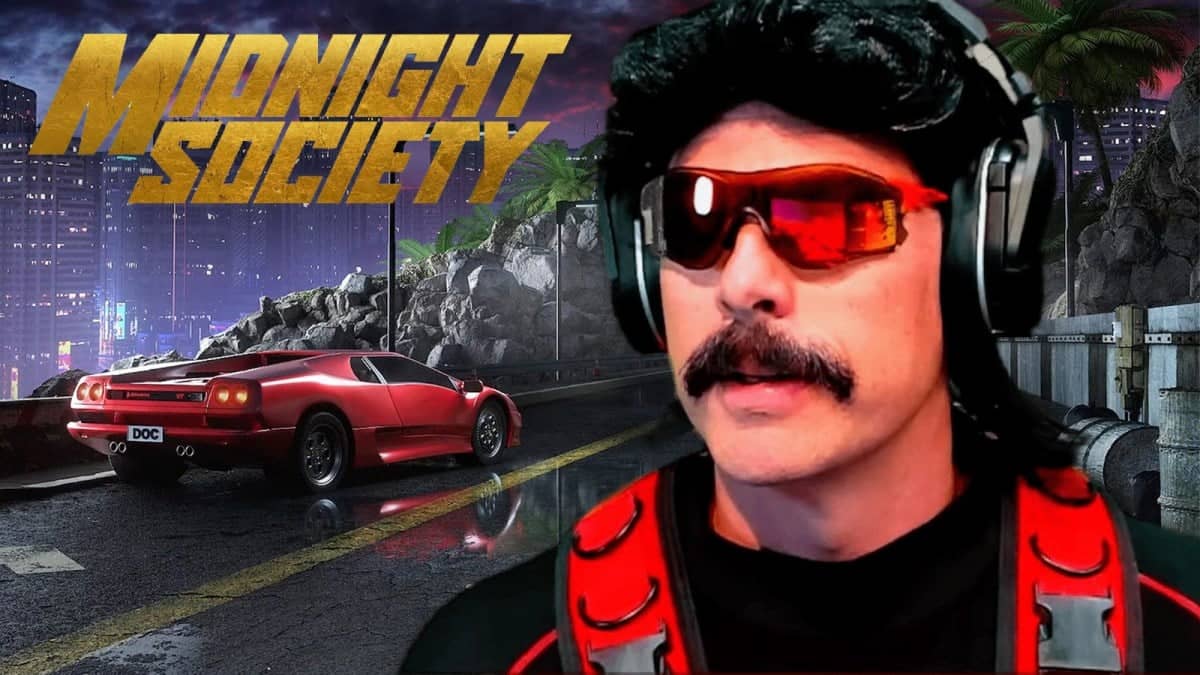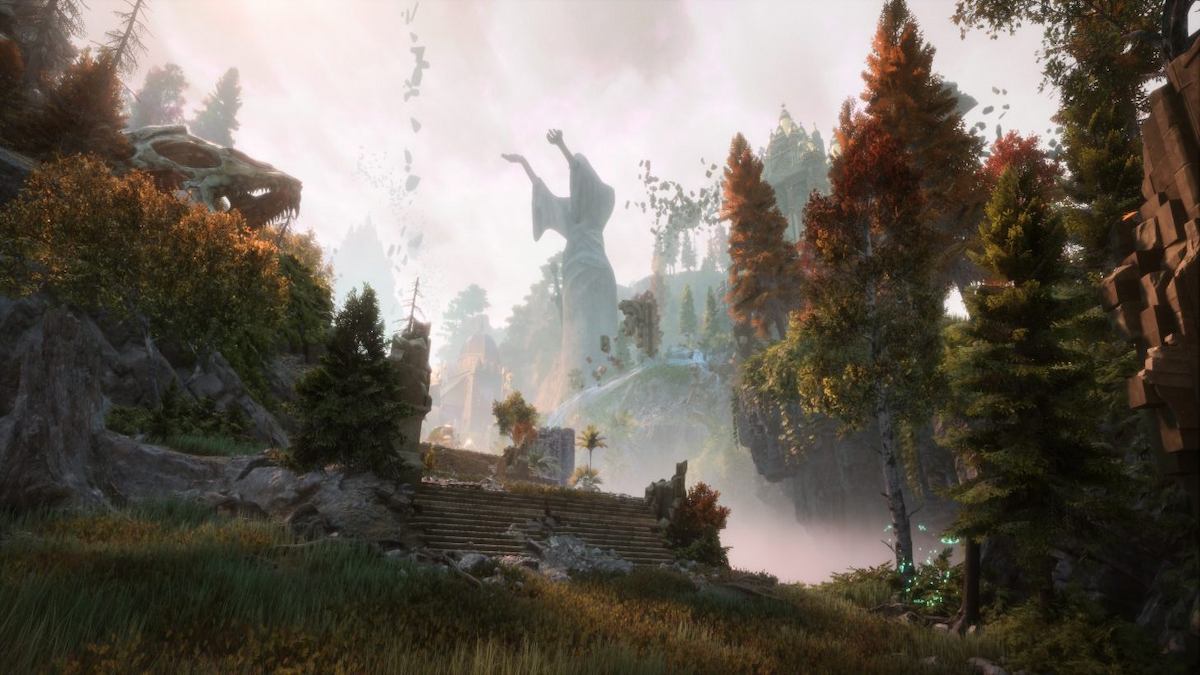Earlier this month, thousands of hardcore sports fans crowded the Staples Center in Los Angeles, cheering on international teams loaded with top players. The Lakers and Kings were nowhere to be seen. This was the championship for the biggest eSport in the world, League of Legends.
The main event pitted South Korea’s SK Telecom T1 against China’s Royal Club, a match the Korean side won in convincing fashion. At stake? $1 million.
At one time competitive gaming was confined to LAN tournaments in hotel basements. Now championships are selling out major sports arenas and boasting major prizes and corporate sponsorships.
Much of that growth has come from games like League of Legends, the wildly popular Riot Games title that’s taken advantage of an approachable format, a-free-to-play model, and slick marketing to bring eSports to its largest historic audience.

Aaron “FR RoachKing” Chestnut
But in spite of the surge in eSports’ popularity recently, there’s one community of hardcore gamers still slugging out in basements and living rooms for little fame and even less money.
True to its roots, the fighting game community (FGC)—gamers who play beat-em-ups like Street Fighter, Marvel vs. Capcom, and Tekken—have continued to defy the increasingly sterilized world of professional gaming.
“The best players are the guys who can’t afford to travel an hour out to tournaments,” noted Aaron “FR RoachKing” Chestnut, 22, one of the U.S.’s top players in Marvel vs. Capcom 3.
“I’ve literally gone to drug houses to play the best in the world. They barely have food to eat but they’re incredibly intelligent and fucking ridiculously good.”
For FGC players like Chesnut, traditional eSports were always rich kids games, populated by people who learned to play on computers their parents bought. Your average eSports game, after all, requires expensive rigs and a blistering fast Internet connection.
Fighting games, played on cheaper consoles or in arcades for a few quarters a pop, have always been more attractive to players from lower-income strata. If you were a hardcore gamer but couldn’t afford a computer or—in the early days— a modem, then fighting games like Street Fighter II were the only option.
FGC is the punk rock of eSports, an almost reactionary movement that brings matters back to the basics with raw intensity.
“There are a lot of reasons why games like League of Legends are incredibly popular,” said Hoa “Anakin” Luu, a player who literally wrote the book on Namco’s Tekken Tag Tournament 2.
“A League of Legends fan may tell you different things, but if you ask FGC, they’ll say it’s just not who we are. We’re not eSports. We’re our own people. We’re outcasts… We prefer to be self-sufficient.”
That independence comes at a cost. Fighting game stars rarely appear on the rolls for top pro-gaming teams. When Luu won more than $12,000 at a Major League Gaming Pro Circuit event in 2010, he still held on to his job at a convenience store.
“The financial responsibility puts [FG players] at a disadvantage,” Luu said. “Those PC gamers are in high school and college without a lot of responsibilities. After a while, that part-time stuff just isn’t enough, especially when there aren’t that many tournaments.”
He’s since cut back on gaming to work full-time.
Money is certainly a priority in the FGC, though for different reasons. A large portion of the scene is fueled by money games: casual matches between players who wager cash on their win. These types of matches played a formative role in the professional fighting game scene decades ago, when players would put money on the line for matches played in crowded arcades.
Today, up-and-coming players often break out of obscurity by putting cash on the line to challenge well-known pros.
For many, the organic and rough-hewn face of the FGC is one of its greatest strengths, setting it apart from the new face of eSports. Traditional sportsmanship applies to professional StarCraft or League of Legends players. The games are played, then hands are shaken, and the scene moves on to the next tournament.
Not in the FGC.
To earn respect, you have to win.

Hoa “Anakin” Luu
That’s why the money waged on big matches is more about personal pride than a desire to make a few bucks. Sure, there are some sizeable prize pools in bigger tournaments, but beating a high-profile opponent often matters more.
“My biggest success was meeting the winner of Evolution 2012’s UMvC 3 tournament,” Chestnut said, referring to the FGC’s largest annual tournament. “He talked shit about the character I played and I played him for money and won. It was very close, though.
“I don’t care. I’ll play anyone for any reason. But there are a few people that won’t give you the time of day if you don’t wave cash in their face.”
For a lot of the top competitors, money and even winning are secondary.
“I feel like now, even though I do try to win, every time I travel, it’s more about seeing my friends,” Luu said.
“It’s kind of like a family reunion. I’ve had a lot of tournament wins and memories in my day—it’s not as important to me as it once was.”
But the infamous, unrelenting competitive spirit of the FGC never goes away.
“I still want to win. I still want to make the people that support me proud. But I’m getting old,” he chuckled.
Luu is 22.
Photo by meddygarnet/Flickr (remix by Fernando Alfonso III)





Published: Oct 22, 2013 07:00 am